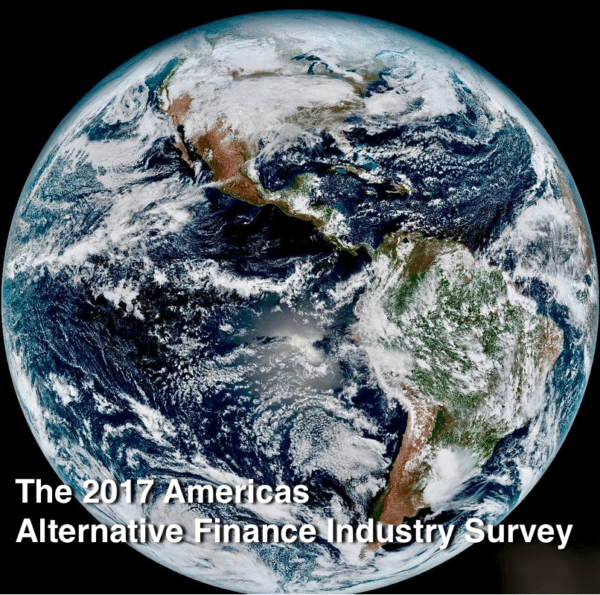The Polsky Center for Entrepreneurship and Innovation and Booth School of Business at the University of Chicago and the Cambridge Centre for Alternative Finance (CCAF) at the University of Cambridge Judge Business School have partnered again on the 2017 Americas Alternative Finance Industry survey. Research to be completed with the support of major industry association including the CME Group Foundation and the Inter-American Development Bank (IDB).
The Polsky Center and the Booth School of Business at the University of Chicago and the University of Cambridge Judge Business School are working together once again on their benchmark research on alternative finance. The America’s study, first completed in 2016, will be reviewing sector growth in North, Central and South America. Widely cited as the very best data available on the growth of Fintech, the study will quantify 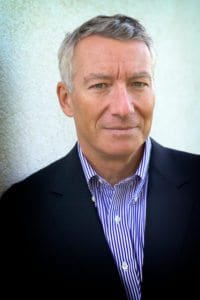 marketplace/peer to peer lending, crowdfunding and other forms of alternative finance.
marketplace/peer to peer lending, crowdfunding and other forms of alternative finance.
The first Americas benchmarking survey captured the size, transaction volume and growth of the alternative finance markets across North, Central and South America. Organizers report that over 250 online alternative finance platforms operating in the Americas, including 178 from the US and Canada participated in 2016.
The result of the 2016 research was the publication of “Breaking New Ground: The Americas Alternative Finance Benchmarking Report”. This was the first comprehensive review of the fast-changing online alternative finance market in the Americas.
“The past year has seen significant changes in regulatory policy as well as several market and firm-specific events relevant to the online alternative finance industry. Our hope is that this year’s report will shed light on how these developments are impacting the evolution of the industry across the Americas,” explained Robert Wardrop, Executive Director of the Cambridge Centre for Alternative Finance.
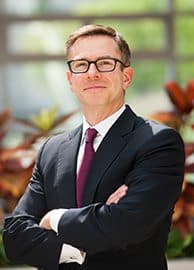 Randall S. Kroszner, Norman R. Bobins Professor of Economics at Chicago Booth and faculty advisor to the survey, said that policymakers everywhere are striving to better understand the emerging alternative finance industry.
Randall S. Kroszner, Norman R. Bobins Professor of Economics at Chicago Booth and faculty advisor to the survey, said that policymakers everywhere are striving to better understand the emerging alternative finance industry.
“This survey and forthcoming report are critical to getting an impartial view from industry and academia about the alternative finance industry across the Americas,” said Kroszner.
Speaking with Crowdfund Insider, Tania Ziegler, Research Programme Manager at CCAF, commented on this years project;
“Last year was our first industry benchmarking activity, which allowed us to collect key data points around the size and make-up of the alternative finance sector as it has developed in the United States, Canada and Latin America. Building upon this foundation, this year’s study will continue to track key market-data points but delves into some of the unique features uncovered in last year’s report. As a result, we have refined the focus of this year’s research instrument to not serve just as a ‘catch-all’ but to address specific model nuances in this market. Specifically, this survey will probe how the industry is responding to shifts in regulation, and how platform operators view and address systemic risks associated with a growing market.”
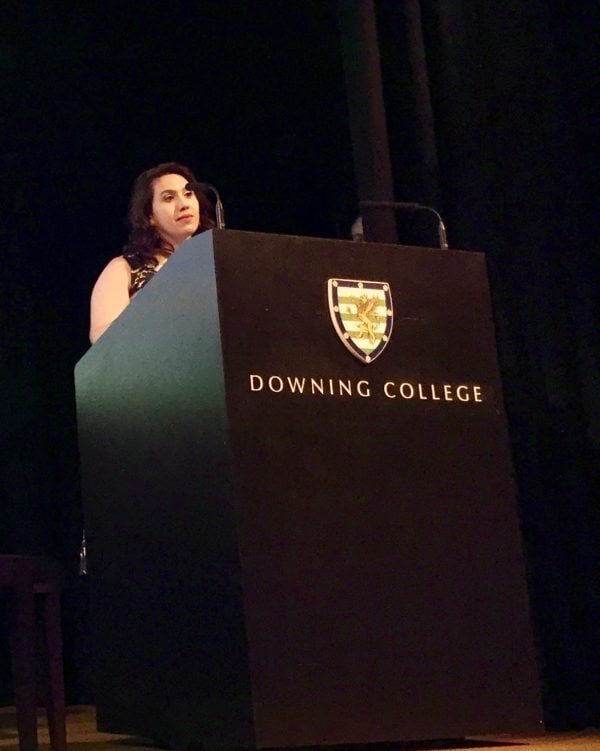 Asked if there is a risk to alternative finance eventually becoming just like traditional finance, Ziegler stated;
Asked if there is a risk to alternative finance eventually becoming just like traditional finance, Ziegler stated;
“Our global benchmarking research has highlighted how each region is a uniquely ‘area-specific’ way of doing things, and this has translated into influencing how platforms operator and how models evolve. Right now, we are seeing a certain amount of model consolidation, reflective of the pre-existing financial structures in their home market. As platform operators stream-line their core financial instruments on offer, and refine the processes used to facilitate finance (i.e. credit assessment, due diligence, etc.), we do see structures that begin to look a bit traditional. This is to say, the internal platform mechanics do begin to resemble financial structures that conform to their regions standards.”
Ziegler labeled alternative finance as inherently different to that of traditional finance providers.
“Ingenuity related to the funder or fundraiser journey remains high, and platforms are continuously innovating. It is perhaps more apt to say, traditional providers are taking their cues from the alt-fin sector to see how they can offer products and services in a more user-friendly way,” said Ziegler. Much of this has to do with the regulatory approach in the region. If the regulator has taken a ‘stretch-to-fit’ approach to the regulation affecting altfin models, then ipso-facto platform operators must confirm to structures reminiscent of the existing structures. If the regulator has allowed for tailored regulation that starts with addressing the new elements of altfin models, then you have a very different structural approach. Ultimately, research like ours allows for us to probe these key shifts and provide regulators who are creating or modifying altfin regulation. This will have the greatest effect on the evolution of the market.”
While the research has been described as industry leading, there is a question as to how policymakers are using the data. Ziegler believes that regulators have recognized the value in academic and evidence based research that is unbiased. In the UK, the Financial Conduct Authority (FCA) has formally partnered with the CCAF to help guide and craft regulations. The research has directly informed regulators across the Americas.
“As we enter our second year of research in the Americas, we expect our research to continue addressing key regulatory shifts and informing policy and regulation in the region.”
Since the global financial crisis, alternative finance, which includes financial instruments and distributive channels that emerge outside of the traditional financial system, has thrived in the US, Europe, and Asia. From equity-based crowdfunding to marketplace/peer-to-peer consumer and business lending, from invoice trading to reward-based crowdfunding, these alternative finance activities are supplying credit to small businesses, providing venture capital to start-ups, offering more diverse and transparent ways for consumers to invest or borrow money, nurturing creativity, fostering innovation, generating jobs and funding worthwhile social causes.
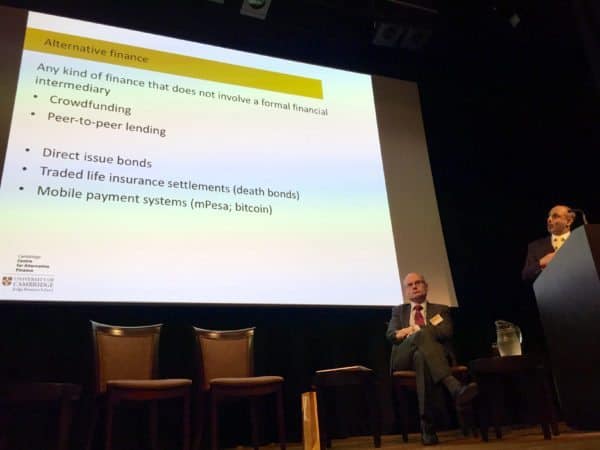
Last year’s alternative finance report found that the Americas online alternative finance industry grew to $36.49 billion, a 212% annual increase from the $11.68 billion in 2014.
Between 2013 and 2015, platforms across the Americas delivered over $50 billion in funding to individuals and businesses, with the US market contributing 99% of the total funding volume. With $36.17 billion in total transaction volume in 2015, the US is the world’s second largest online alternative finance market behind China.
The findings of the survey will be made publicly available in a 2017 Americas Alternative Finance Industry Report due to be published in late May 2017. This year’s survey will highlight the changing nature of alternative finance marketplace across the Americas and hopefully facilitate dialogue and learning between key stakeholders and government officials.
This report is one of a series, which include the global benchmarking for alternative finance activity in the Asia-Pacific region, Europe, Africa, the Middle East and the United Kingdom produced by the Cambridge Centre for Alterative Finance and its research partners.
The researchers say immense policy attention ( i.e. the SEC, the Federal Reserve, the UK Financial Conduct Authority, the Bank of England, the European Commission and the World Bank), as well as more than 200 mainstream media citations globally from outlets such as the Financial Times, the Wall Street Journal, BBC, CNBC, the Economist and Bloomberg.
The findings of the survey will be made publicly available in a 2017 Americas Alternative Finance Industry Report due to be published in late May 2017.
To participate in the Survey please use the links below.
- English (http://bit.ly/AltFin17)
- Spanish (http://bit.ly/AltFin17Spanish)
- Portuguese (http://bit.ly/AltFin17Portuguese)
All crowdfunding, marketplace/peer-to-peer lending and other alternative finance platforms that are currently operating in North, Central and South America may take the benchmarking survey. All participating platforms wishing to be acknowledged in the benchmarking report can submit their logo for display in the 2017 Americas Alternative Finance Industry Report.
For benchmarking research enquiries please contact:
E.J. Reedy, Director of Research and International Engagement, Polsky Center for Entrepreneurship and Innovation, University of Chicago via email ereedy0@chicagobooth.edu
or
Tania Ziegler, Cambridge Centre for Alternative Finance, the University of Cambridge via email tz285@cam.ac.uk


